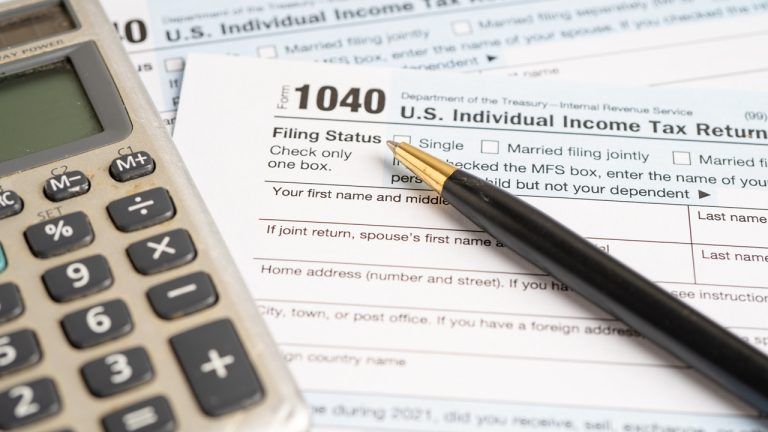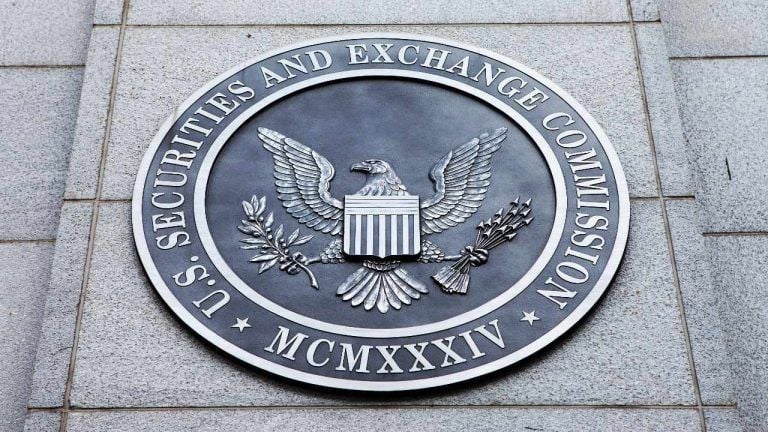
US presidential election prediction markets are now officially legal
Key Takeaways
- Court ruling clears Kalshi to compete with Polymarket in the U.S. election betting market.
- Polymarket remains dominant in prediction markets with $500 million in August trading volume.
Share this article
The US Court of Appeals has cleared Kalshi, an online prediction market, to resume offering election-related bets, granting it the legal green light to include US election markets for the first time.
US presidential election markets are legal. Officially. Finally. Kalshi prevails. Tarek Mansour, Kalshi’s founder stated.
Kalshi’s victory comes as its competitor, Polymarket, continues to dominate the decentralized prediction market space. Polymarket, which operates outside US regulatory oversight, saw a surge in trading volume this year, with over $500 million traded in August 2024 alone—largely driven by election-related contracts.
Unlike Kalshi, Polymarket allows users to place bets anonymously through crypto wallets, bypassing US regulations.
The court’s decision lifted a temporary stay that had blocked Kalshi from hosting bets on the 2024 US presidential election. The appeals court ruled that the CFTC had failed to demonstrate sufficient harm in allowing Kalshi to offer these products, paving the way for US users to participate in election betting directly on a regulated platform.
With the court’s ruling, Kalshi can now compete head-to-head with Polymarket, offering a legal alternative to US bettors who may have been hesitant to use offshore platforms.
Kalshi’s battle with the CFTC has been ongoing since the agency initially blocked its request to host election markets, arguing that such contracts constituted gaming and were not in the public interest. In September 2024, a lower court ruled in Kalshi’s favor, but the CFTC quickly appealed, leading to the temporary halt in election betting.
However, earlier today, Judges Millett, Pan, and Pillard of the Washington DC Court of Appeals ruled that the CFTC had not proven that allowing Kalshi to operate election markets would cause irreparable harm. The court lifted the stay, allowing Kalshi to resume election-related products immediately, though the broader legal dispute between Kalshi and the CFTC is still ongoing.
Kalshi’s ability to offer election bets introduces US-regulated competition for decentralized platforms like Polymarket, a leader in prediction markets this election cycle. While the CFTC still seeks a broader ban on election markets, Polymarket could also benefit from the ruling, as it effectively legalizes election betting in the US.
Share this article
Go to Source
Author: Estefano Gomez









